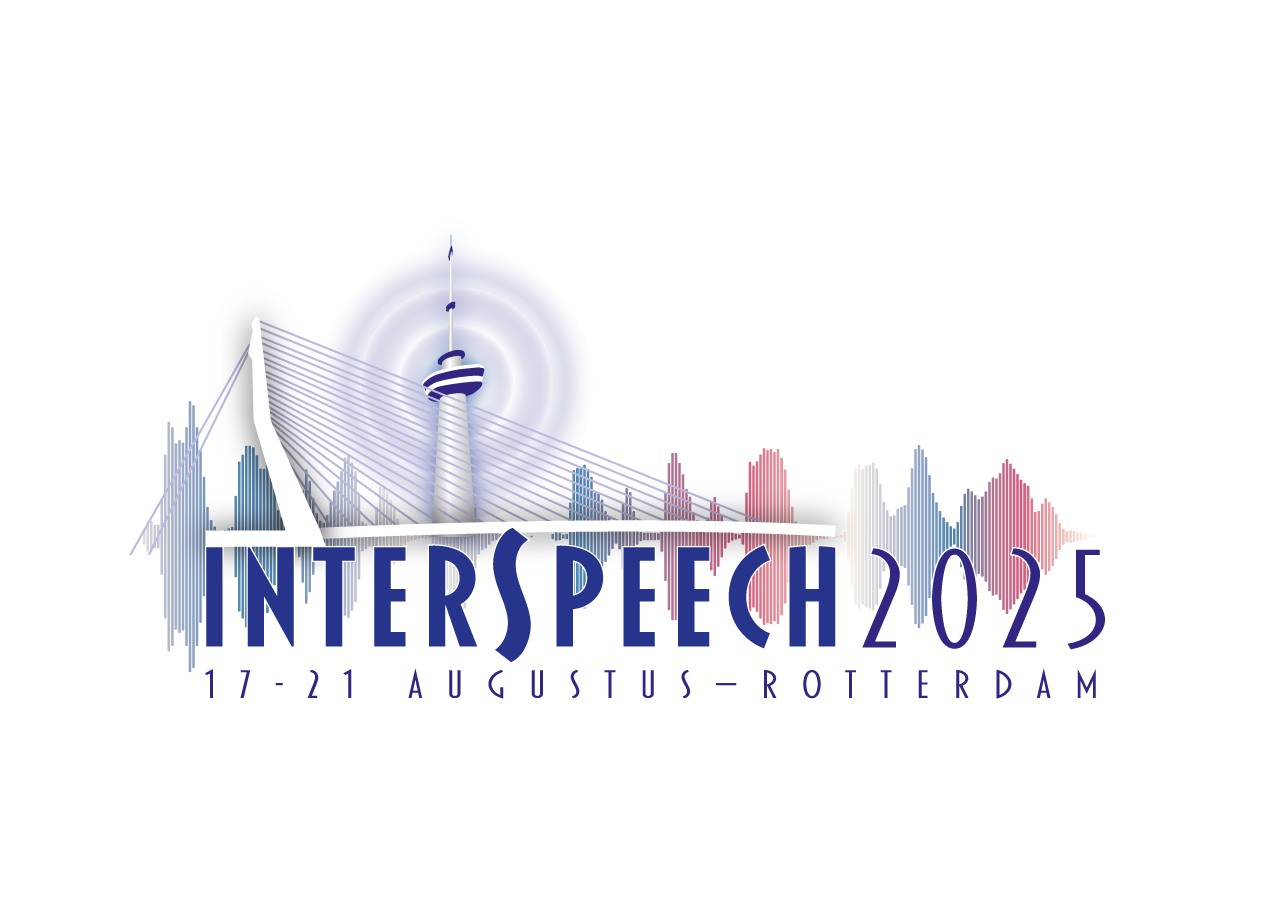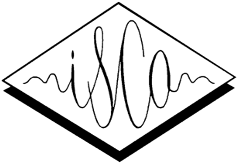
Scientific Areas
The scientific areas covered by Interspeech 2025 are the following:
Speech Perception, Production and Acquisition
Phonetics, Phonology and Prosody
Analysis of Paralinguistics in Speech and Language
Speaker and Language Characterization
Analysis of Speech and Audio Signals
Speech Coding and Enhancement
Speech Synthesis and Spoken Language Generation
Speech Recognition – Signal Processing, Acoustic Modeling, Robustness, and Adaptation
Speech Recognition – Architecture Search, and Linguistic Components
Speech Recognition – Technologies and Systems for New Applications
Spoken dialog systems and conversational analysis
Spoken Language Processing: Translation, Information Retrieval, Summarization, Resources and Evaluation
Speech and Language Processing for Health
Special Sessions and Challenges
Strands of Interspeech 2025
Interspeech 2025 will delve into four specific strands, each addressing critical aspects of speech science and technology that foster inclusivity and fairness. These strands are:
Factors Arising from the Individual in Human Speech Processing
Exploration of individual differences in speech processing.
Understanding how personal factors influence speech perception and production.
Development of personalized speech technology applications.
Under-Researched Languages, Dialects, and Accents
Focus on linguistic diversity and the inclusion of under-researched languages and dialects.
Efforts to develop speech technologies that accommodate a wide range of accents.
Promotion of research that highlights the richness of global linguistic diversity.
Inclusive Technology for Atypical Speech Communication
Development of multi-modal and adaptive systems for atypical speech communication.
Creation of technologies that assist individuals with speech impairments.
Emphasis on inclusivity in speech technology to support all communication needs.
Ethical Considerations about Fairness, Inclusion, and Democratization of Speech Technologies
Examination of ethical issues related to speech technology development and deployment.
Discussion on ensuring fairness and inclusion in speech technology.
Strategies for democratizing access to speech technology to benefit all societal segments.
By addressing these strands, Interspeech 2025 aims to advance speech science and technology in a manner that is equitable, inclusive, and respectful of individual and linguistic diversity.

Interspeech 2025
PCO: TU Delft Events
Delft University of Technology
Communication Department
Prometheusplein 1
2628 ZC Delft
The Netherlands
Email: pco@interspeech2025.org
X (formerly Twitter): @ISCAInterspeech
Bluesky: @interspeech.bsky.social
Interspeech 2025 is working under the privacy policy of TU Delft

Interspeech 2025
 Registration website for Interspeech 2025
Registration website for Interspeech 2025Interspeech 2025interspeech2025@tudelft.nl
Interspeech 2025interspeech2025@tudelft.nlhttps://www.interspeech2025.org
2025-08-17
2025-08-21
OfflineEventAttendanceMode
EventScheduled
Interspeech 2025Interspeech 20250.00EUROnlineOnly2019-01-01T00:00:00Z
To be announcedTo be announced